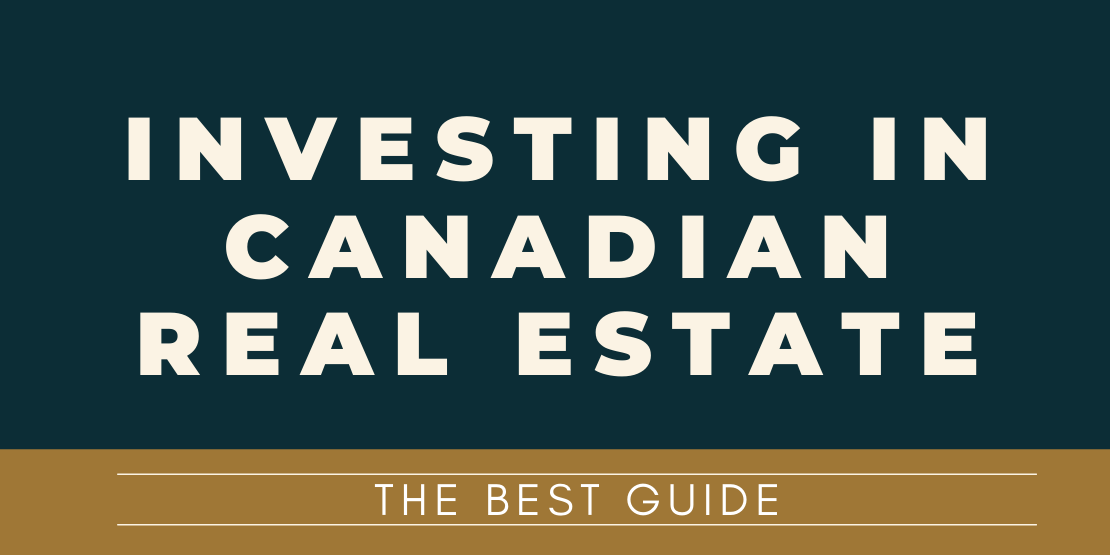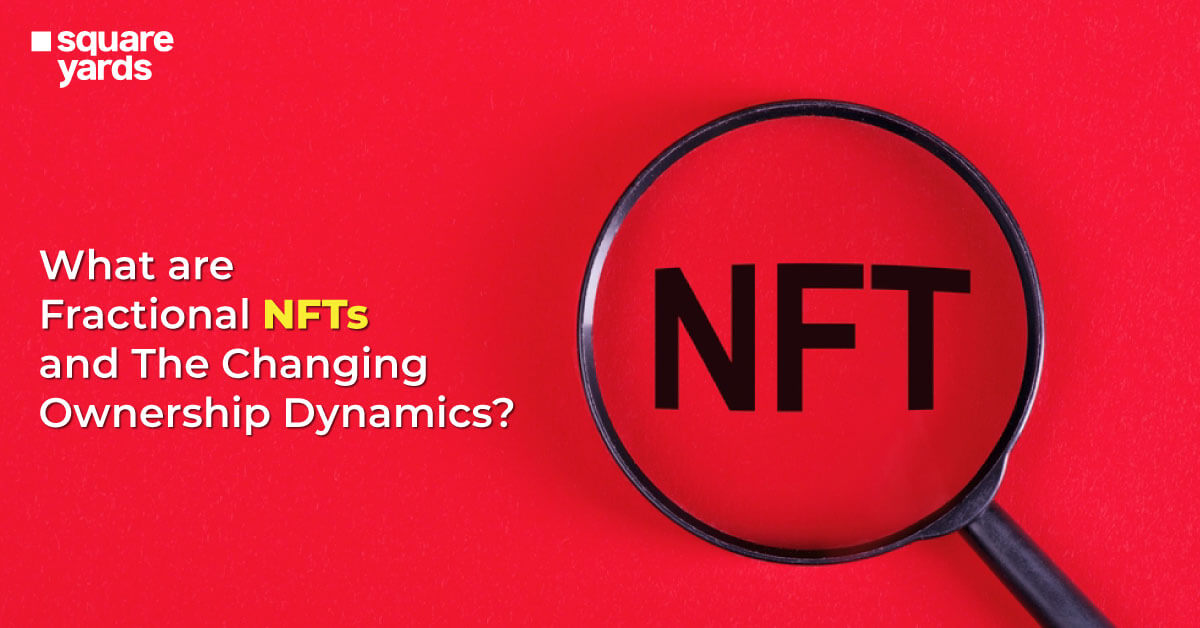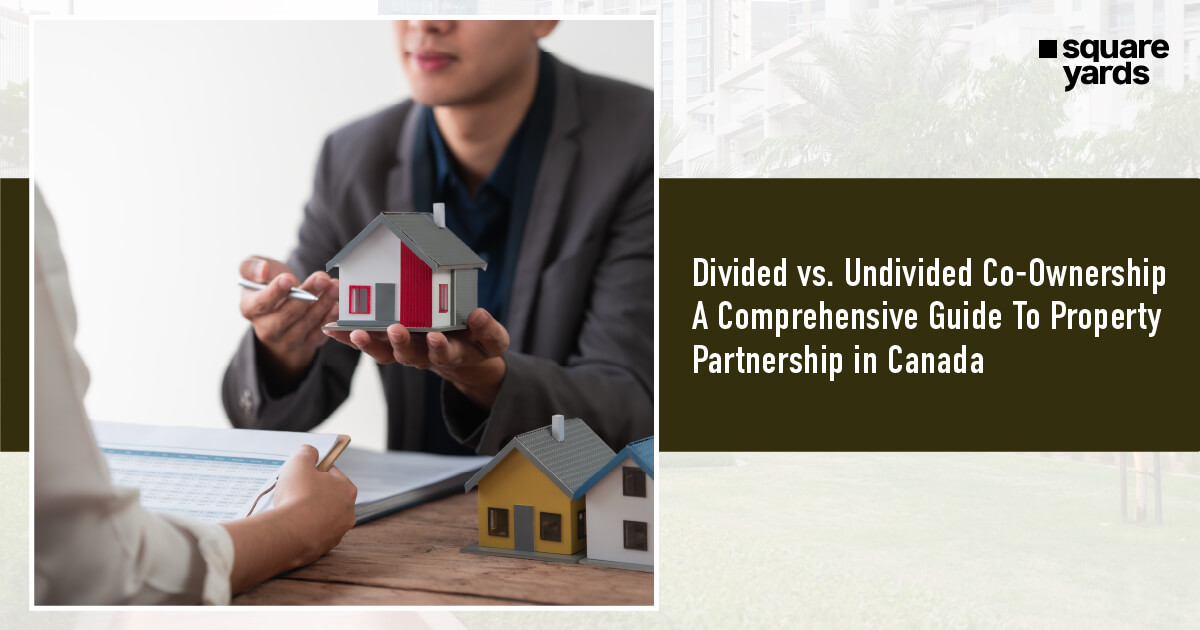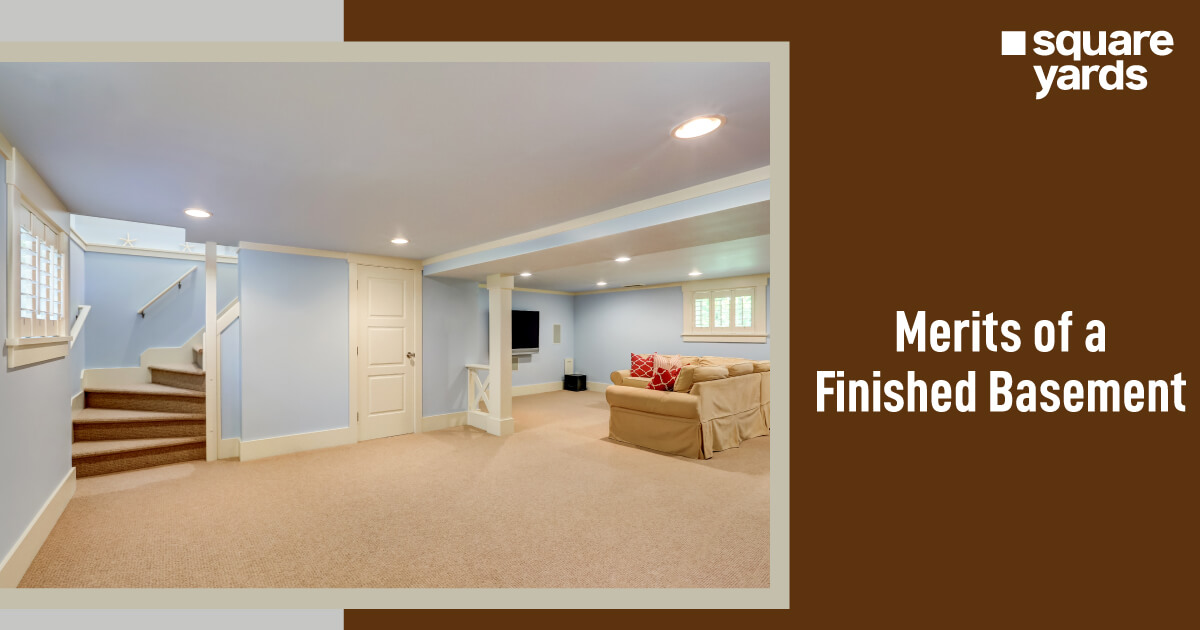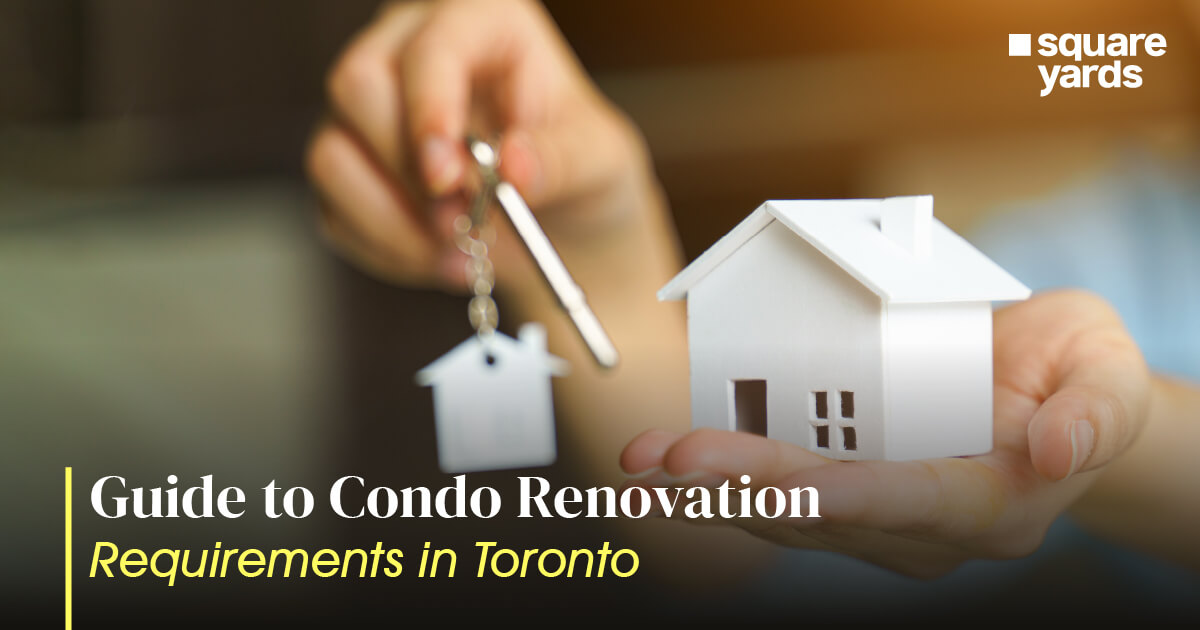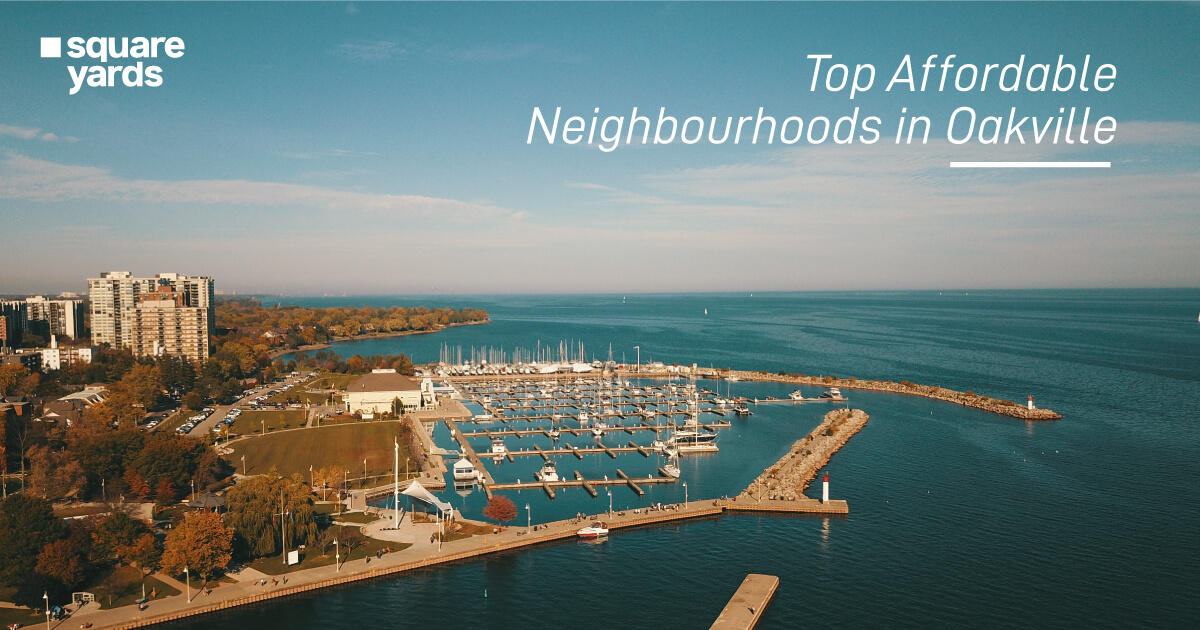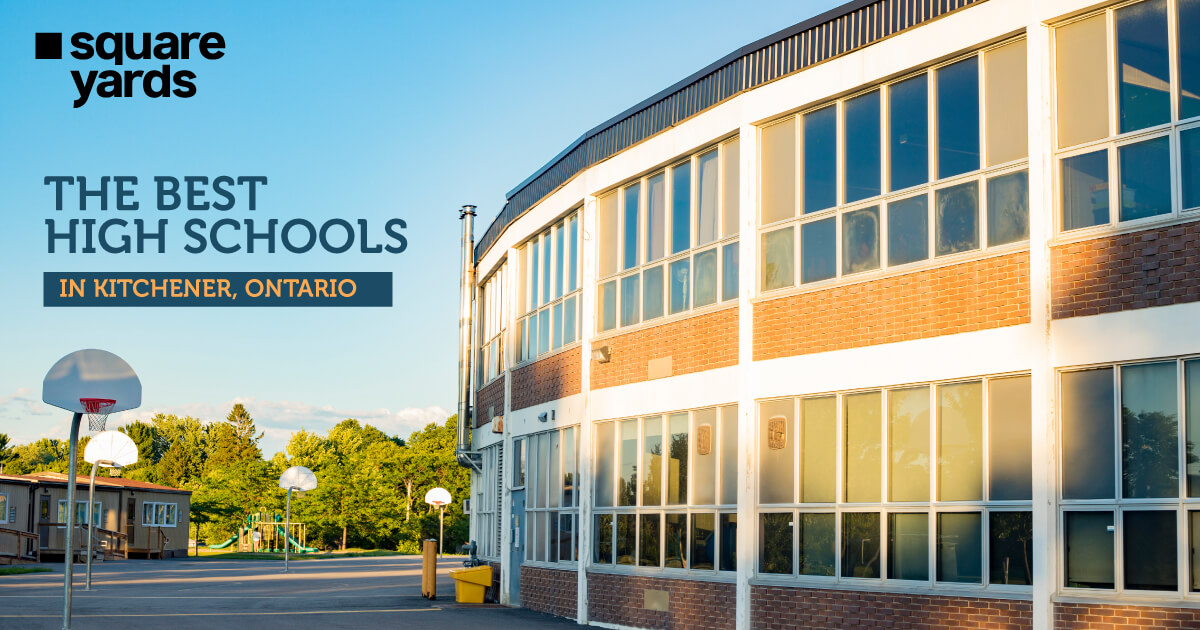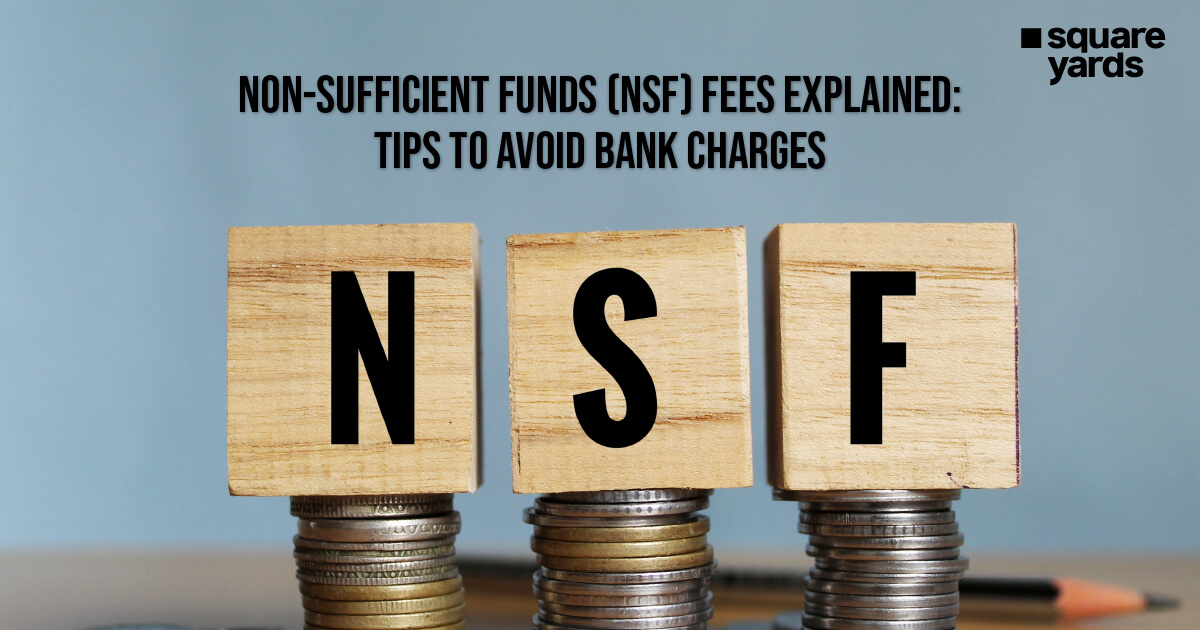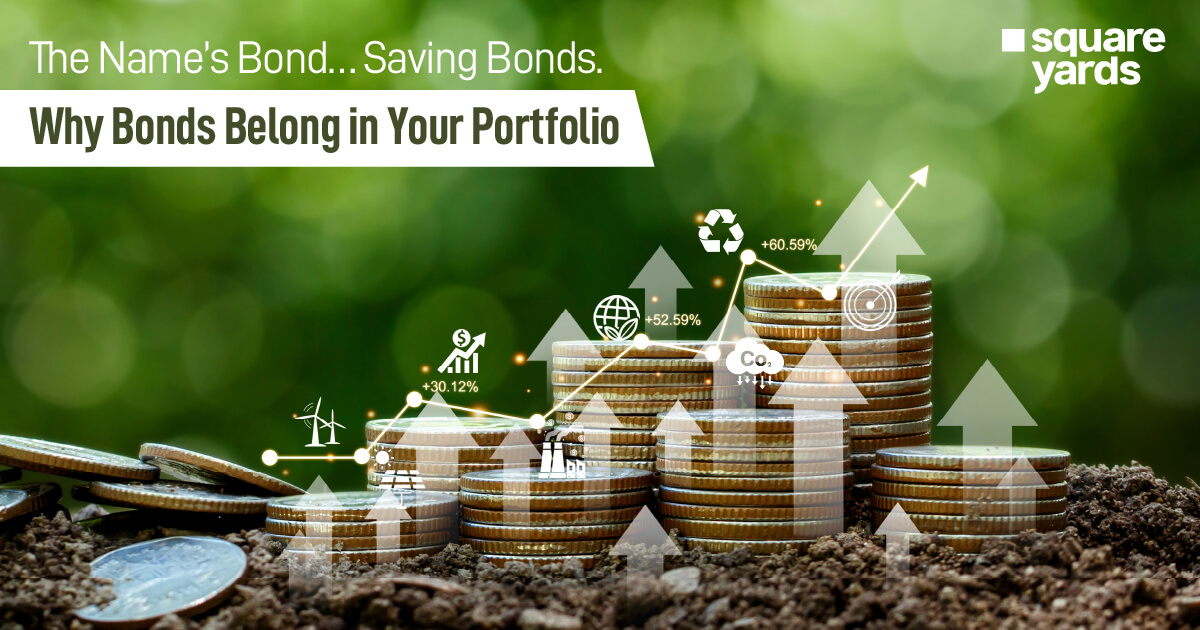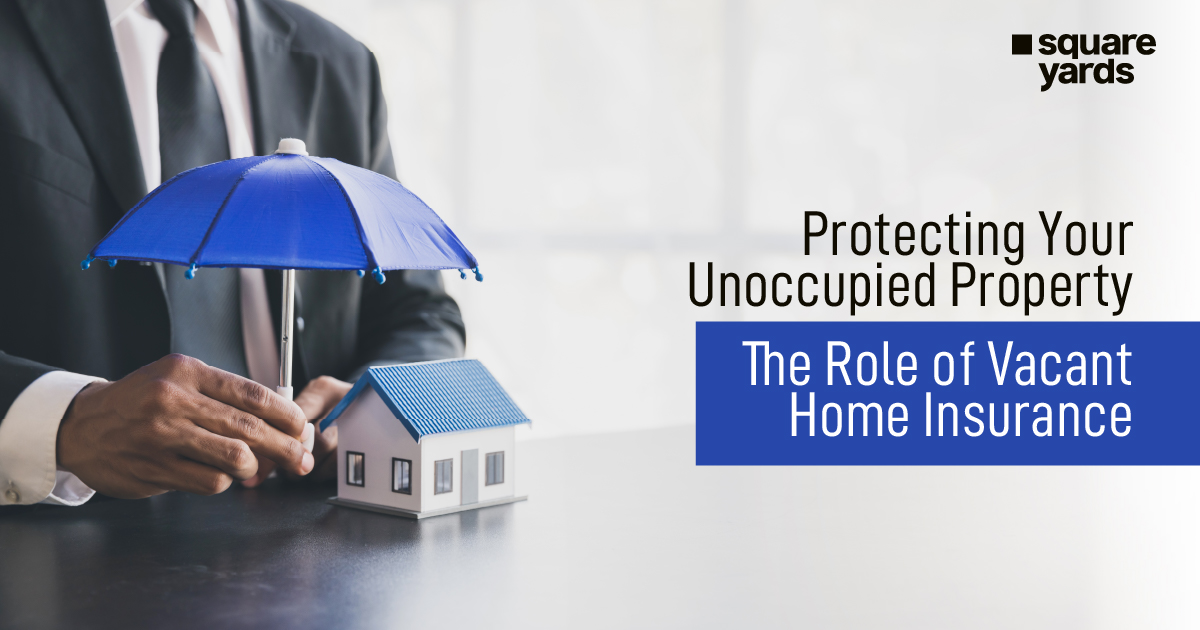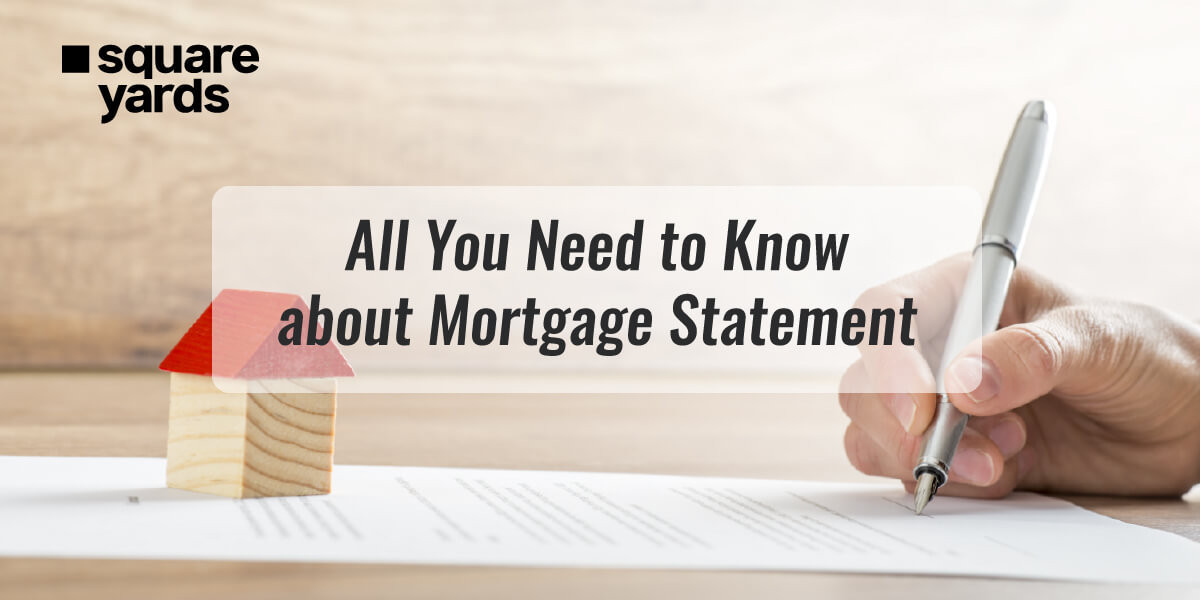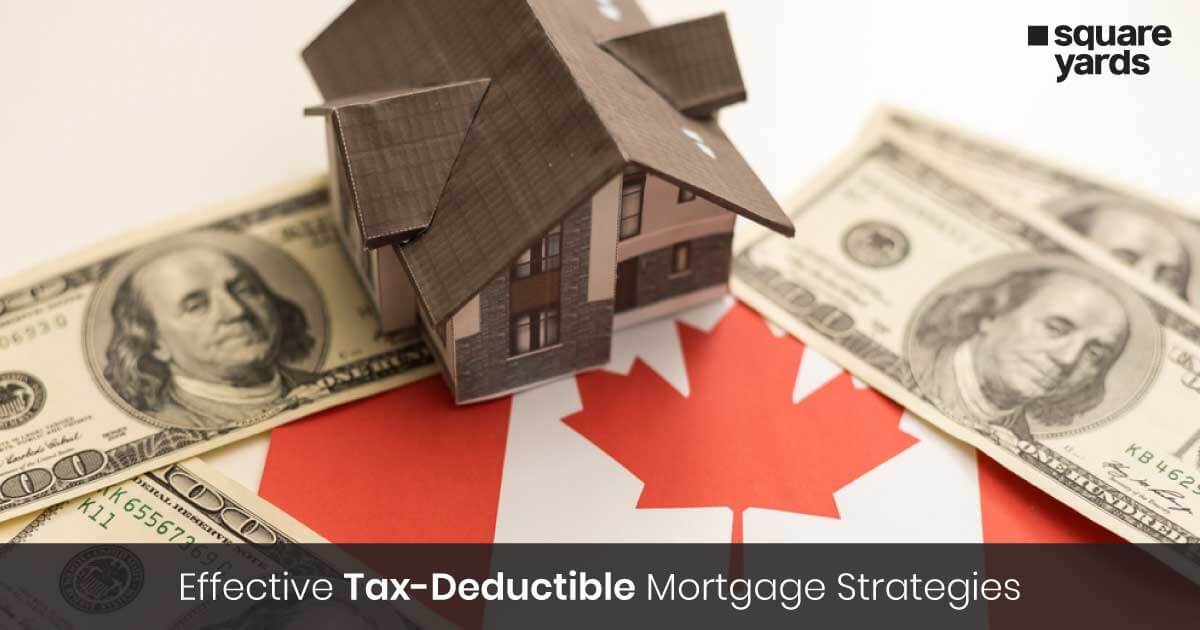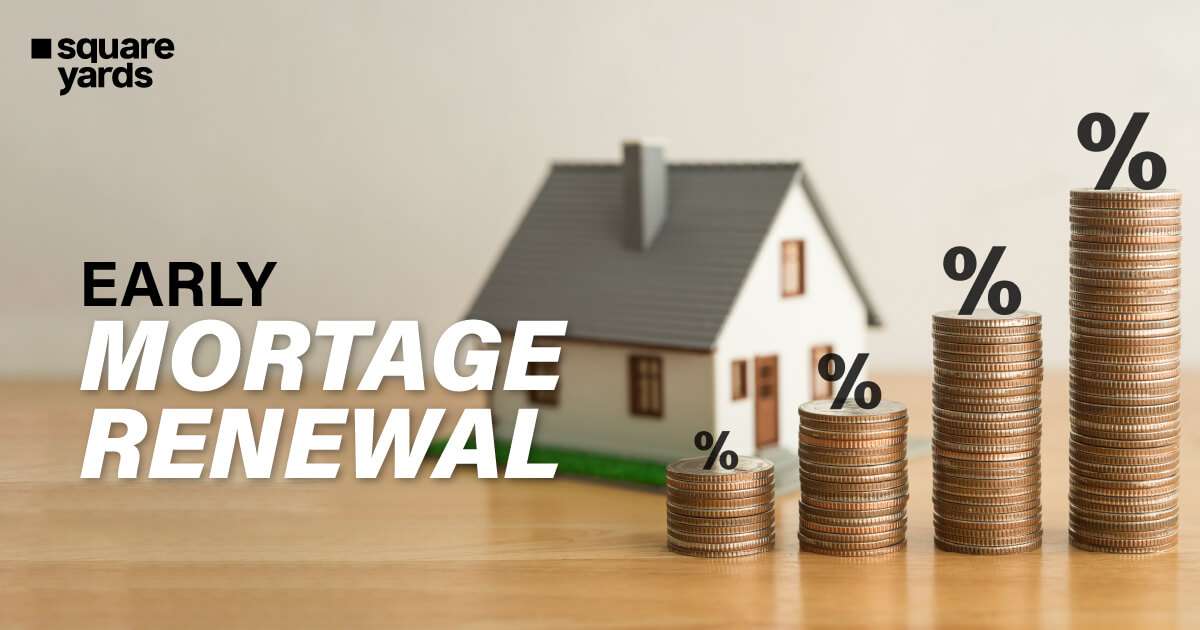Canada is probably one of the most beautiful countries in the world and real estate in Canada is one of the country’s fastest-growing commodities. We are sure, you would not be surprised to know that many financial experts all over the world have predicted that Canada is going to be the next real estate hub across the globe to offer one of the best living standards. The country has emerged as the most renowned destination for real estate investors. The hassle-free legal system and good appreciation rate on Canadian real estate properties are other factors that draw investors to the country from far and wide. If you too are looking for a home or an office for sale. You can choose Canada as your destination for the hunt.
Think of investing in real estate and the first thing that will conjure up in your mind. It is the hope that the value of your owned property will increase over time. However, Canadian real estate has become a booming industry in recent years that gives you immense returns. And there are several ways to invest in this sector today including various options for all sorts of budgets. There is a different level of risk in each approach, and needless to say. You would want to do some due persistence with any investment to make sure that you are investing wisely.
We know many of you seeking ways to invest in Canadian real estate are hesitant due to the little information you have about it that offers real value. Here, the adventures in the world of real estate by making you learn what is real estate investment. Know about the best real estate investments. How to buy real estate in Canada and what sort of real estate investing in Canada would suit you best.
Why to Invest in Real Estate?
We understand that the thought of investing in Canadian real estate brings along many questions for most of us. While considering investing, people do usually wonder whether it is worth it or they should go for investing their money in other industries like the stock market or a mutual fund. Well, you need to know that real estate is one of the safest investments to make money.
If you invest in real estate, you can create wealth on the appreciation amount you gain on your property and any sort of cash flow from your rental income. This income is the continuous source of income that generally covers the mortgage payments. The appreciation amount does increase home equality and wealth, but, usually takes years to increase. However, you would be glad to know that this doesn’t happen in the case of the ongoing housing market in Canada.
The housing market in Canada is thriving these days due to the limited inventory and low interest rates which resulted in a faster increase in the appreciation in commercial as well as residential properties. Otherwise, appreciation takes a long time to gain. It is currently increasing on monthly basis in most regions of Canada. We would say it is the best time to invest in Canadian real estate even in the midst of the COVID-19 pandemic because you will be paying less on the mortgage as the value of your property increases.
How to Start Investing in Real Estate in Canada?
It might be easier to say it is the right time to invest in real estate, however, it is a tedious task and there is no denying it. You need to consider many factors while investing in real estate such as your goals, financial profile and the ongoing market conditions. Read below the tips you need to follow for successful investing in real estate:
1. Decide your Goals
It is important to determine your goals first. You need to be clear in your head about the reason for your investment in real estate and then, follow further steps. In many cases, people do not set smart goals and end up regretting the decision. You need to get a clear picture of how to make the most of investing in real estate and set goals that are specific, relevant, measurable, and most importantly, attainable. Do not just think of growing your investment but keep a goal of buying a rental property in Canada and having a monthly cash flow of $500 at least within the first two years of buying.
2. Reach Out to an Experienced Investor
It could be difficult for you to jump into investing in Canadian real estate with a little knowledge. But you can still make it happen. We would suggest reaching out to an investor with relevant experience and take their advice about the actuality of the investing world. Considering their good experience and abundance of knowledge in property investment in Canada. They could teach you each and everything about investing. Right from making an initial investment in a property to improving your financial profile.
3. Acquire Knowledge About the Market
It is essential to have a clear understanding of the current housing market trends since they determine how well and quickly will an investment do. Learn to have a great knowledge of the housing market, everything from its history to any anticipated changes.
An ideal way to get familiar with the market is to evaluate historical data and the current trends. Since the economic trends impact the demand and supply of real estate. It is crucial to assess data and understand the market better by analyzing the changes in the market over the years.
Meet and talk to Canadian real estate investors, brokers or realtors that can provide you with the right knowledge about the housing market and make you aware of the expected downturns (if any).
4. Know your Target Audience
The target audience in real estate investments means the demographic you wish to draw the attention of to your rental property and rent out your property to. For instance, if you prefer working professionals, you first need to know their values so as to draw their attention. By values, we mean the location and the type of property they will be requiring. They must be looking for an apartment or a condo close to their work location. In short, you need to simply evaluate the lifestyle and values of your preferred demographic in order to determine what type of area and property will attract them.
5. Determine the Location
You need to find the appropriate location to invest in before looking for properties. Though cities like Toronto and Vancouver are growing centers of real estate. You can look out for various other cities in Canada that are renowned for investing in real estate. We suggest you do a complete market analysis and discover various options other than the popular and convenient ones. By market analysis, we mean the details like environmental, economic, employment and educational conditions. Since these factors play a major role in the appreciation increase. This will help you in your future investment.
6. Search for the Best-Suited Property
Once you have understood your target audience and decided the location, go and look out for the right property to buy. Real estate investing for beginners might seem a difficult task but it is not. You need to pay attention to a few things, and the most important is the appreciation potential. Find a property the value for which is likely to increase over time; be it a large condo in Toronto or a cheap apartment in a neighbourhood. Moreover, the properties that do not require major transformations too can increase the value of their appreciation.
7. Check your Finances
Making an investment in real estate is undoubtedly a tough task since it affects your financial situation. However, you need to understand that you have good cash in your primary residence that will sure make investing more convenient.
You can borrow up to 80% of your home equity at the lowest rate of 1.5% that will make investing easier for you. Home equity loans are tax-deductible which leads to lessening the income tax. All in all, home equity loans are a perfect way to make the most of your assets and make your financial profile better.
8. Take Advice From a Professional
New investors starting the journey of real estate investing may find it a bit complicated process. This is why we suggest seeking some advice from an experienced professional. A lot of experienced real estate investors offer services in helping new investors to take the right journey. Make their investment process smooth. There are some organizations as well that guide new investors through training sessions on current market trends, home financing, and more.
9. The Difference Between Residential and Commercial Real Estate Investing
Another most important decision while investing in real estate is where to invest in. A residential property or a commercial one. Both property sectors come with their own challenges and benefits. You need to carefully consider all the factors regarding your goals, capital, timeframe and risk tolerance. It will help you decide the best investment strategy for yourself.
Learn below the benefits of investing in residential real estate and commercial real estate in Canada:
Condominiums, single-family homes and vacation homes come in the category of residential properties in Canada; condominiums are the most popular ones in urban areas. They are all different in location, sizes and purpose. This have almost the same benefits, a lower cost of investment is the one.
Talking about commercial real estate, this category includes multi-unit residences or commercial buildings such as warehouses, office buildings and retail spaces. Properties with more than five rental units designed for living spaces. Such as condos, duplexes and quadruplexes come under commercial real estate.
Benefits of Residential Real Estate Investment in Canada
-
New Residential Rental Property Rebate
While seeking an investment property for sale, buyers need to make the payment of all HST upfront unlike those purchasing a primary residence. This means the cost of the property is much more than originally expected. New Residential Rental Property Rebate (NRRP Rebate) comes to the rescue of beginner investors by reducing the burden of their finances.
An HST rebate available for buyers who have purchased newly constructed rental properties or made major revamping on their rental property. It pays back the major amount of HST provided buyers apply for it within two years and have tenants who have signed a lease for one year. This is applied by a few investors. However, it can reduce some of the costs linked with purchasing an investment property to a great extent. A maximum of $24,000 HST rebate is provided to most investors applying for the NRRP Rebate.
-
Lower Cost of Entry
The cost of investing in a residential property is comparatively less than the investment cost of real estate. The prices of commercial real estate are usually higher than the prices of residential real estate which leads to investors putting down larger down payments initially.
The cost of investing in residential property is much less than commercial real estate. Commercial real estate typically is priced much higher than residential. Resulting in investors needing to put down larger initial down payments. Saving for residential property is a more feasible way for the average person. Even while needing to make a down payment of 20% on the property. There is a lower cost of entry for investments in residential real estate which makes it convenient. Those looking for modifying their financial profile without much risk.
-
More Potential Tenants
If you are looking to invest in residential real estate. You can find many potential tenants because most people like working professionals, immigrants, students opt for renting out residential properties. Instead of buying one for themselves. This is how it works in the current housing market of Canada. Since housing prices are touching the sky, people choose to stay in the rental market for a long time. Investors and landlords take the advantage of it because they can easily find potential tenants and have many options to rent out their property to.
Benefits of Commercial Real Estate Investment in Canada
-
Long-Term Leases
The real estate in commercial has longer leases as compared to residential. While residential properties’ leases last for six to twelve years, commercial properties have leases that can last for years; some commercial properties have leases lasting up to ten years. These long-term leases help investors save their investment for a longer period. It means the tenants remain for a relatively long time and leads to maintaining the flow of cash and less vacancy rates. However, residential real estate can have a fast tenant turnover. This is why commercial real estate is more secure than residential.
-
Higher ROI
ROI, also called Return on investment, is a ratio between net income. Investment that helps calculate the amount received by an investor after the deduction of all the necessary payments. The formula for calculating ROI is (Investment gain – Investment cost)/Cost of investment. As per many investors, commercial properties typically have the highest returns on investment with an annual return of the purchase price between 6% and 12%. Which is relatively higher than residential properties’ 1-4%.
-
Tax Benefits
Investing in commercial real estate can help you save good money on taxes unlike those who invest in residential real estate. Hence, those who invest in commercial properties can take benefit from a double net lease (NN) or a triple net lease (NNN). These leases are used when an entire commercial property is rented by a tenant. NN means tenants are responsible to pay the rent as well as the insurance and the property taxes, whereas, in NNN, tenants will have to pay all costs but not for structural repairs which means landlords will not have to bear the property taxes on commercial property.
Different Ways of Investing in Real Estate in Canada
There are two methods of investing in Canadian real estate: active and passive. The active one includes owning your principal residence, owning a rental property, house flipping and more, whereas the passive one includes REITs, ETFs, and mutual funds. Learn below these approaches to Canadian real estate investment:
-
Buy a Primary/Principal Residence
Purchasing a principal residence is a classic approach to Canadain real estate investment. While buying your primary residence, you are buying a long-term investment not just a place to live. Similarly, you are paying your own mortgage while renting rather than paying your landlord’s mortgage. This will help you grow your net worth. The important thing you need to look for while buying a primary residence is it’s in a good neighbourhood. With easy access to highways, public transit and convenient amenities like parks, shopping spots and restaurants, and with low crime rates.
It is likely that you will probably need to save up for a down payment of the home you are purchasing and use the down payment to take out a mortgage. The withdrawal amount from an RRSP for first-time home buyers is up to $35,000. Whereas the TFSA is another best place to save for a down payment for those who are not first-time homebuyers. You can also check other financial institutions offering higher interest rates. You can get substantially higher interest rates at digital banks than the Big 5.
-
House Flipping
House flipping is the method that allows you to buy a “fixer-upper” with great potential. Transform it fast and then sell it for a good profit. It may seem easy, however, can make you run into several issues and cost overruns. So we suggest you be sure about what you’re getting before proceeding with the strategy. Find a property that needs some TLC cosmetically but doesn’t have major faults to have better chances of a successful house flip. Reach out to a realtor beforehand to make sure you will be able to resell the house for the amount you are seeking. Also, compare the estimated cost of renovations of the property with its estimated final sale price to ensure you will turn a profit.
-
Invest in Rental Properties
Finding house flipping a little stressful? You can rather consider buying a rental property. Again, you will want to buy a rental house in a good neighbourhood appealing to tenants, enjoying close proximity to highways, public transit and convenient amenities. You do not need to manage it all on your own; hire a property manager to look after the property and deal with tenants.
However, keep in mind that getting a mortgage loan for a rental house is entirely different from getting one for a property to reside in. The rates for rental properties are higher than those of principal residences. And it is a bit troublesome to compare the number of lenders and mortgage rates available to you instead of approaching your usual financial institution and taking their offer.
-
Purchase a Vacation Property
It is essential to consider what exactly you want to buy while looking for a vacation property. Be clear about whether it is primarily an investment or you are investing in it for pleasure, just to relax away from the grind. If the former, find an in-demand location that can help make a good amount of money from renting it out. If you do not wish to be a full-time vacation property owner, you can choose to buy into a timeshare instead. It will share the property’s cost and usage with other owners. For this, we would suggest considering buying from the resale market to get the best deal.
-
Pre-Sale Condo Assignments
Pre-sale condo assignments are a passive way to invest in Canadian real estate. When a buyer signs his rights to a completed condo to a new buyer before the completion of the condo is called an “assignment”. These are popular in cities like Toronto and Vancouver where home prices appreciate faster than other areas of Canada. Also, a 1% assignment fee is charged by the condo developers for anyone looking for this. We would suggest doing your own research and speaking with a knowledgeable local realtor. To learn about the future developments planned in the area you are interested in making a condo investment in.
-
REITs
Called Canadian Real Estate Investment Trust, REITs is an organization owning and operating several commercial properties such as apartments, offices, apartments, shopping centres and hospitals. This buying process of shares of publicly-traded REITs is just like the process of purchasing shares of any other publicly-traded company. Aim to invest in something with a consistent history of stock price history and paying dividends.
If you are ready to take the risk of buying a number of shares of a single REIT. Choose to buy a real estate ETF in Canada that invests in an array of REIT securities. We would suggest speaking with the financial advisor before investing in REIT ETFs.
-
Private Mortgages
Those who are tired of the banks to make the money from mortgages can themselves become the bank with private mortgages. Borrowers seek out private mortgages because they don’t qualify at any of the big banks may be due to a lack of income or bruised credit. With private mortgages, you can loan your money to the homeowners. A mortgage broker can help you with finding prospective borrowers and loan out your funds to them. It results in earning higher interest rates which undoubtedly makes it an attractive investment.
However, keep in mind that you might have to bear a higher risk as well since the borrowers might have been turned down by the banks. This is why it is important to make sure you are investing in a rock-solid property and a trustworthy borrower. A vendor take-back mortgage is another way to become a mortgagee. It is where the seller owns the property and lends the money to the borrower. These mortgages are uncommon these days. It is an option when the buyer is facing some difficulties to close a home sale. The sellers can also take advantage of this mortgage since it allows them to close on the property.
-
Rent Out a Spare Room
It is not necessary to own a non-owner-occupied property to become a landlord. You can also make some extra money by renting out a spare bedroom in your home just like short-term rental websites like Airbnb. Make sure to check your condo board rules and municipal bylaws before renting out the place as many tougher restrictions are imposed by many cities in Canada. Also, make sure your insurer knows that you have a lodger. Keep in mind that short-term tenants will not treat your home the way you would; thus, there is a chance of an increase in your home insurance premium reflecting the additional risk the insurer incurred.
-
Rent-to-Own
Those who wish to make a home investment but feel they cannot afford to pay the down payment can go for a rent-to-own mortgage. It allows sellers to give the right to the tenants to purchase a property at a future point in time. It means the monthly rent of the tenant will gradually build up a down payment for the purchase. There is a need for the tenants to make a deposit of at least 5% of the purchase price (made at the purchase time) towards the final sale price. Though you can suggest rent-to-own to your landlord, you can find a building and landlord offering the rent-to-own arrangement.
Final Thoughts
We hope this article helped you learn the various aspects of investing in the real estate market in Canada. Right from the steps and tips of investing to the various methods of real estate investment. And you have determined what exactly you would live to invest in here. So if have any plans of making an investment in Canadian real estate or buying your dream home here anytime soon. Keep in mind that the Canadian real estate market is still booming. And there is no sign of a slowdown as of now, so go, explore your options and grab a great deal.
FAQs – Frequently Asked Questions
Yes, absolutely. Since the Canadian real estate market in Canada has been booming for the last few years. It is definitely worth investing in. It is an ideal income-generating source and is a great way to park your capital to see your investment thrive. Renting out a home here will give you a fixed income. And you can benefit from those returns on a long-term basis.
The 10% rule, also known as the “10-10-10 rule” in real investing means never pay more than 10% interest rate and purchase at least 10% under market. The rule says a 1% increase in interest rates equals 10% less you can borrow. But still keeps the same monthly payment. As per the rule, when interest rates go higher, every 1% increase leads to a decrease in your purchasing power by 10%.
Though the Covid-19 pandemic has affected various industries negatively, real estate in Canada seems to be thriving in 2021. It is the best time to invest in real estate in the country, especially in the cities such as Toronto, Hamilton, Vancouver, Windsor, Kingston and Guelph.
The 5% rule in real estate investing is all about spending. As per this rule, you should fairly expect to spend 5% of your total income on the repairs and maintenance of your property. Moreover, the rule says you have to take the value of the home you are planning to buy, multiply it by 5% and divide it by 12 months. Renting for less than that will be a wise financial decision for you. For instance, you can estimate about $25,000 in annual, unrecoverable costs for a home costing $500,000. Is Canadian real estate a good investment?
What is the 10% rule in real estate investing?
Where should I invest in real estate in 2021?
What is the 5 rule in real estate investing?

